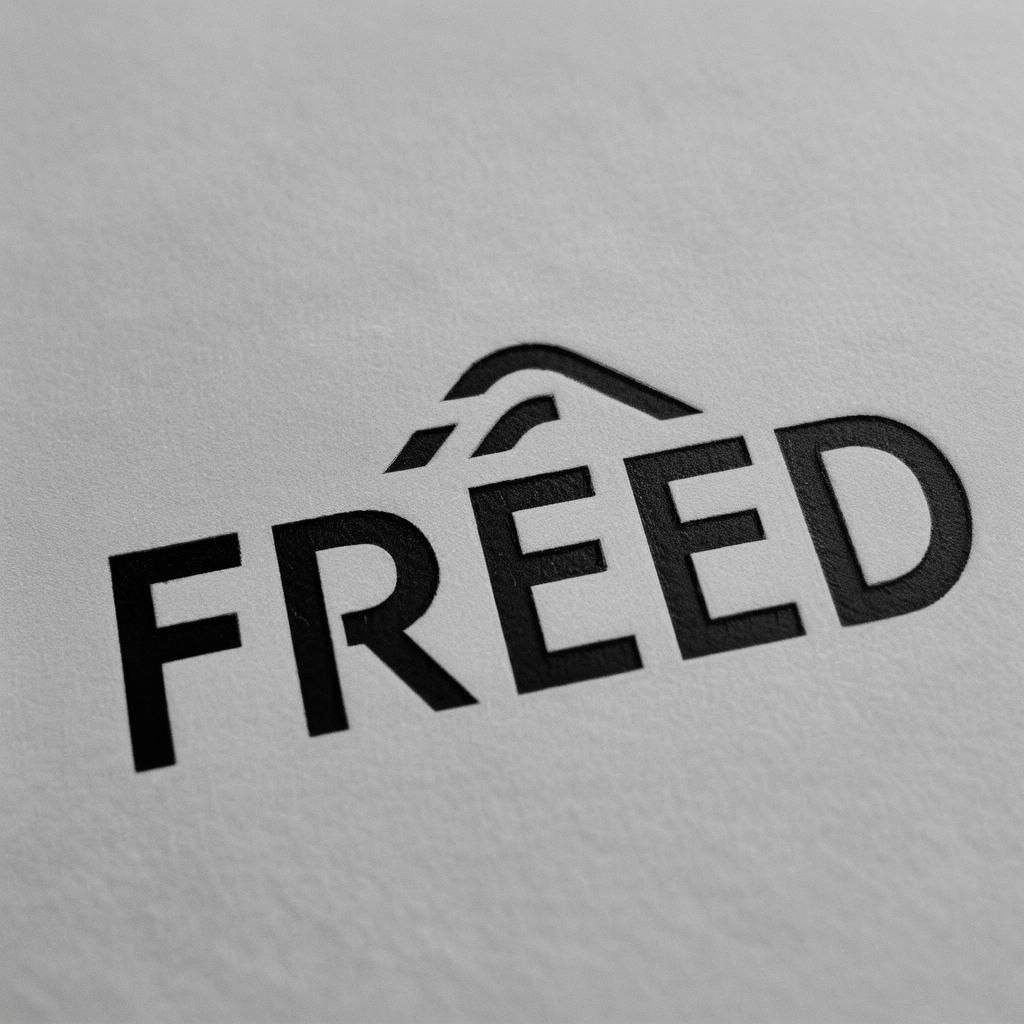Less wishful with gifts for more gifts full of wishes
More Demos
In depth
WHY
Gifts are lovelier than exchanges and lendings because they leverage the need for giving some materiality back for it.
Gifts don’t imply the giving back of commitments (either material or inmaterial) by the receiver of the gift because of the receiving of the gift. However, any gift can also be pre-conditioned to be given when certain conditions are met.
Others are part of us too. When we gift we feel we are helping others andbut more practically speaking, we are investing in a long term inmaterial reward, expected either from the one we gift to or from others we are going to advertise our gifting activities to. Otherwise gifting, or pure altruism, should rather be standing for «giving the more you could against your own possible benefits» which it is rather more popularly known as «stupidity» instead.
The gifter will use its gifting action as meritocracy for future deals, as a virtue signaling for trying to seduce others later. The reducing this expectation and the directing of the gift to the lesser known ones is just betting for a more long term strategy (of egolatry signaling). Gifting to close ones focuses more in the shorter-mid term benefits of gifting.
Gifts are as valueable as the receiver wants it. Gifts are not really gifts if there is not a receiver that welcomes it too, otherwise we should call that «intrusion».
Gifts come, technically speaking, with non binding conditions, andbut they also come with wishes from the donor (as explained above). Most of the times these wishes come hidden within the gift and they could reach to be more «really» binding than other more formalized conditions, that’s why we are sometimes unsecure about accepting gifts from others.
So, let’s explicit the conditions we would like to be fulfilled before giving a gift, and add the more wishes to it that we could keep as really non binding.
One special binding condition andor non binding wish that could be applied to any gift, is the gift to be enjoyed by the more possible others. The most that a gift gives the most value to the more people while the better fulfills the more explicited wishes of the giver, the better gift. So we need to develop some special decentralizing rails for finding the more ideal person, in either practical and legal ways, for receiving a gift that the donor wishes for it to be shared the most.
If we don’t develop our decentralization networks for receiving gifts that are wished to be later shared, we will need to rely in the centralised State. The state-conventional Public Domain for digital-unmaterial gifts work quite well for these kind of abundant resources, but that is not the case for material-scarce giftings given into the public domain, where the gift gets to be directly owned by the State bureaucracy, which sometimes impeds the further use of the thing by others, less or more, sooner or later.
Also, on the public domain law about digital things the former owner (andor their succesors) still retain the unwaivable Moral copyrights over the thing, which are enforceable in the case of reputational damages made to the original author by modifications of the original thing that are antagonistic to the original author moral values, with these moral values having to be interpreted by lawyers and judges, within their own bureucratical and biased framework. So again, what we are technically doing is transfering the property rights to the State bureaucracy, which is fine for the gift most of times, but… can’t we not develop communities of gifts receivers to be later shared which will make those gifts more shareable than what the State will do?
In the road for developing the lovelier gifting, we have to invent complementary and better tools than the actual ones we have for that.
WHAT
Freed model proposes a lovely way for gifting that tries tackling the ambiguities of property management before and after gifting.
Freed model offers you to put as many conditions as you want for giving a gift along many pre-loaded declarations for gifting, where to exagerate the declaration of completely waiving the property rights over the thing. It also allows you to estate additional non binding wishes for the future use of thing.
For example, if there were wishes attached to the freed thing and you or further requesters were not complying with the stated wishes from the original offeror, (s)he couldn’t sue nor even blame you for that, (s)he rather should keep you apart of future freed offers (s)he would make, if (s)he would want to act against your future interests. Otherwise (s)he should have rather put that wish as a condition instead.
Some freed initiatives could set up very wild cases about the possible uses of things. First of all, you are the one responsible of selecting an audience for your freed gift offer. You would have to mind this specially and from the beginning because, actually, the first one in showing interest in it or going to get it, will be the next legitimated full owner of it and as such, (s)he could inmediately and formally – legally cancel your rights and don’t let anyone else use it anymore, that’s why we would like to offer some possible receivers as ideal caretakers of your gifting, the more decentralized possible too.
Finding the ideal receiver of a gift is one of the loveliest challenges in life
HOW
Freed Shareful as a default wish: Gifts that are donated with the wish to be further shared deserve to be specially cared because they both benefit the donnor (reputation) and the more people that will be able to use it. Freed Shareful gifts should help forming communities that could better care about them. These communitarian pools should be freely created and compete with each other, so this way these freed shareful pools will get incentivated to increase their reputation, for more easily receiving further freed gifts in the future, by enabling the gift to be used the more and the more meaningfully by the more.
See also
FreedChain is for traceable acknowledgements and services for freed donations


